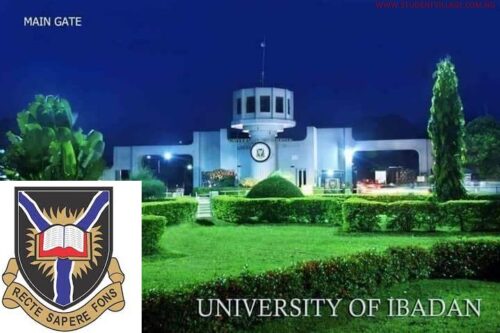CRS Keypoints: Religious reforms in Judah; In the historical context of Judah, religious reforms played a significant role in shaping the spiritual and moral landscape of the kingdom. Two notable events, the Cleansing of the Temple and the Renewal of the Covenant, highlight the reforms initiated by King Josiah.
Study other CRS Keypoints here
These reforms aimed to eradicate idolatry, reinstate proper worship, and renew the people’s commitment to the covenant with God. This class note will delve into the details of these reforms, analyze their significance, and explore the reasons behind their implementation.
I. Cleansing of the Temple (II Kings 22)
A. Background:
- Reign of King Josiah (640-609 BCE) and the prevalent idolatrous practices.
- The neglected state of the Temple and the discovery of the Book of the Law.
B. Josiah’s Actions:
- Seeking guidance from the high priest, Hilkiah, upon the discovery of the Book of the Law.
- Josiah’s response to the reading of the book and his realization of the nation’s disobedience.
- Ordering the cleansing of the Temple and purging of idolatrous elements.
- Destroying the altars and idols of foreign gods.
C. Analysis of Josiah’s Religious Reforms:
- The significance of discovering the Book of the Law and its impact on Josiah’s actions.
- Josiah’s commitment to upholding the Mosaic Law and restoring true worship.
- The restoration of the Temple as the central place of worship and the removal of false gods.
- The influence of Josiah’s personal devotion to God and his desire for national repentance.
II. Renewal of the Covenant (II Kings 23:1-30)
A. Background:
- Josiah’s realization of the people’s departure from God’s covenant.
- The need to reaffirm and renew the covenant with God.
B. Josiah’s Actions:
- Summoning the elders, priests, prophets, and people to the Temple.
- Reading the Book of the Covenant and committing to follow its commands.
- Instituting reforms and purging idolatrous practices.
- Celebrating the Passover and reinstating the central importance of this feast.
C. Reasons for the Renewal of the Covenant:
Study other CRS Keypoints here
- Spiritual revival and restoration of the people’s relationship with God.
- Reestablishing the authority of God’s law and reorienting the nation toward proper worship.
- Combating the rampant idolatry and syncretistic practices.
- Strengthening the nation’s identity as God’s chosen people.
III. Assessment of the Significance of the Reforms:
A. Restoring True Worship:
- Elimination of idolatry and pagan practices.
- Reestablishing the centrality of the Temple and proper sacrificial worship.
B. National Repentance and Renewal:
- Josiah’s leadership in seeking national repentance and turning to God.
- The impact of the reforms on the spiritual and moral climate of Judah.
C. Preservation of Covenantal Relationship:
- The renewal of the covenant as an act of faithfulness and commitment to God.
- Strengthening the bond between God and His chosen people.
Conclusion:
The religious reforms in Judah, specifically the Cleansing of the Temple and the Renewal of the Covenant under the leadership of King Josiah, were pivotal in restoring true worship, eradicating idolatry, and renewing the people’s commitment to God. These reforms were driven by the discovery of the Book of the Law and Josiah’s desire for national repentance. By analyzing Josiah’s religious reforms, understanding the
Study other CRS Keypoints here
reasons for the covenant’s renewal, and assessing their significance, we gain insights into the spiritual and historical context of Judah and the importance of remaining faithful to God’s commands.







